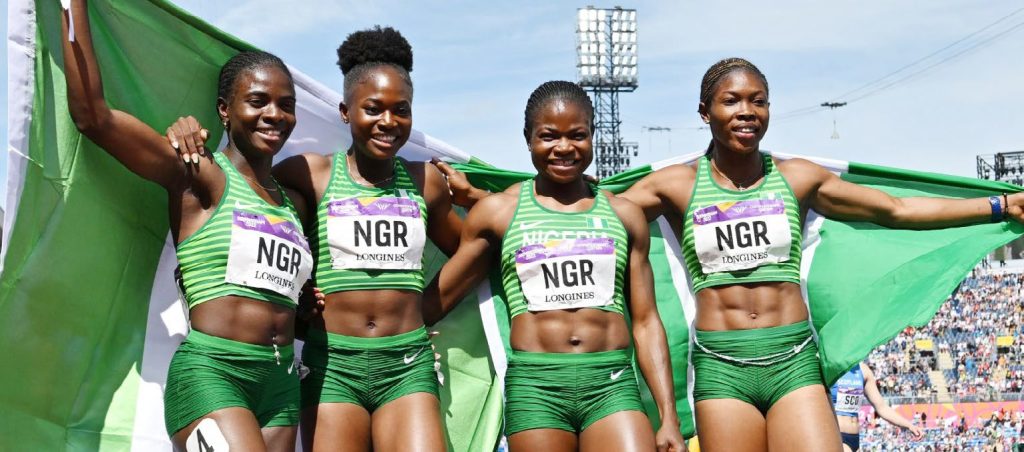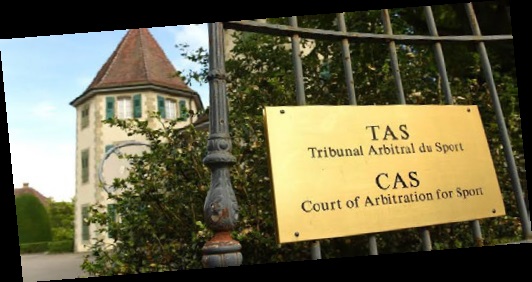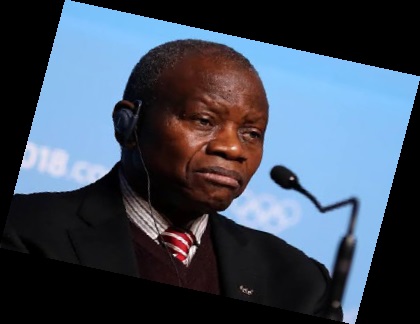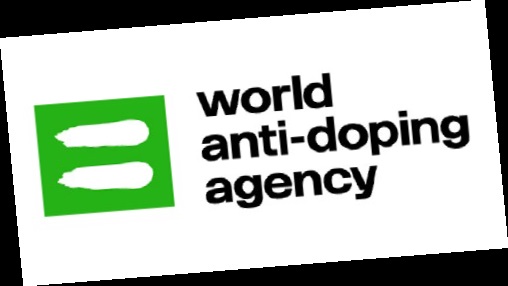July 13, (THEWILL) – In November 2023, the World Anti-Doping Agency (WADA) made a significant decision to include Nigeria in its list of non-compliant countries. This development, based on Nigeria’s failure to address critical requirements from a 2022 WADA audit, has profound implications for the country’s sporting landscape, particularly as it prepares for the Paris Olympics.
The gravity of this situation becomes apparent when examining its origins. In late 2022, WADA conducted an audit of Nigeria’s anti-doping programme. The results revealed substantial shortcomings. Several critical requirements were identified, issues that demanded immediate attention to ensure compliance with international standards. However, as months passed, these requirements remained unaddressed, leading to WADA’s decision to place Nigeria on its non-compliance list.

This is not a minor infraction. The implications of this non-compliance are far-reaching and potentially devastating for Nigerian sports. If the Court of Arbitration for Sport (CAS) upholds WADA’s decision, Nigeria could face severe consequences. These may include prohibitions on hosting major sporting events and, more alarmingly, the possibility of Nigerian athletes being barred from competing under the national flag at international competitions, including the upcoming Olympics.
Consider the potential scenario: Nigerian athletes, who have dedicated years to rigorous training, stepping onto the Olympic stage without their nation’s colours, unable to see their flag raised or hear their anthem played even in victory. This prospect strikes at the core of national pride and athletic aspiration.
Nigeria’s predicament shares striking similarities with that of Venezuela. Both nations find themselves at odds with WADA for failing to meet key anti-doping requirements. Venezuela’s case stems from inadequacies identified in the Code Compliance Questionnaire exercise. Like Nigeria, Venezuela disputed WADA’s allegations, leading to the matter being referred to CAS.
The parallel between these two cases highlights a concerning trend in international sports governance. It raises questions about the challenges developing nations face in implementing and maintaining sophisticated anti-doping programmes. Are these countries struggling due to lack of resources, expertise, or perhaps a combination of both? Or is there a deeper issue at play, one of prioritisation and understanding the critical importance of anti-doping measures in modern sports?

While the situation appears challenging, there is reason for cautious optimism. Angola’s recent removal from the non-compliant list serves as evidence of the possibility of redemption. Angola, which had been sanctioned for failing to fully implement the 2021 version of the World Anti-Doping Code into its national legal system, managed to address WADA’s concerns promptly. By June 2024, Angola had made the necessary legislative changes, leading to its reinstatement.
Angola’s success story offers a potential blueprint for Nigeria. It demonstrates that with swift and decisive action, it is possible to reverse course and regain compliance status. However, time is of the essence. With the Paris Olympics approaching rapidly, Nigeria must act quickly to address the deficiencies in its anti-doping programme.
A crucial decision looms on the horizon. On July 12, 2024, the Court of Arbitration for Sport is set to deliver its final judgement on WADA’s allegations against Nigeria. The domestic sports community awaits this ruling with bated breath, knowing that the consequences will take immediate effect.
In preparation for this pivotal moment, Nigeria has not remained idle. Reports indicate that the country has engaged the services of three international lawyers to defend its case before CAS. These legal experts, along with top officials from the Sports Ministry and other government agencies, have already made their way to Lausanne, Switzerland, where they will present Nigeria’s case.
The stakes are immense. A ruling against Nigeria would not only be a blow to national pride but could also have far-reaching consequences for the country’s athletes. The inability to compete under the Nigerian flag at the Paris Olympics would be a profound disappointment for athletes who have spent years preparing for this moment. More than just a symbolic loss, it could potentially impact athlete morale and performance.
Furthermore, the prohibition on hosting major sporting events could have significant economic ramifications. International sporting events often bring substantial revenue and exposure to host nations. Being sidelined from such opportunities could hinder Nigeria’s efforts to develop its sports infrastructure and promote itself on the global stage.
The situation has created a palpable sense of unease within the Nigerian sports community. The Sports Ministry and the Nigeria Olympic Committee (NOC) find themselves under intense scrutiny. They bear the responsibility of not only defending Nigeria’s case before CAS but also of implementing the necessary reforms to bring the country’s anti-doping programme up to international standards.

This crisis has also ignited a broader conversation about the state of sports governance in Nigeria. It has brought to light the need for a more proactive approach to sports administration, one that anticipates and addresses potential issues before they escalate into international incidents.
As the date of the CAS ruling approaches, there is a growing realisation that regardless of the outcome, significant changes are needed in Nigeria’s approach to anti-doping. The country must invest in building a robust anti-doping infrastructure, ensuring strict adherence to international standards, and fostering a culture of clean sport among its athletes and sports administrators.
The path forward is clear, though challenging. Nigeria must undertake a comprehensive review of its anti-doping policies and procedures. This, as it happened in Uganda, should include updating relevant legislation, enhancing testing capabilities, and implementing educational programs for athletes and support staff. Collaboration with international bodies like WADA will be crucial in this process, as will learning from the experiences of other nations that have successfully navigated similar challenges.
The potential consequences of continued non-compliance extend beyond the immediate future. They threaten to cast a long shadow over Nigeria’s sporting legacy. A generation of athletes could see their dreams deferred or denied, not due to lack of talent or effort, but because of systemic failures in the country’s anti-doping framework.
However, this crisis also presents an opportunity. It is a chance for Nigeria to emerge stronger, with a more robust and efficient anti-doping system. By rising to this challenge, Nigeria can not only secure its place in international competitions but also set a new standard for sports governance in Africa.

The sports community, from grassroots organisations to top-level administrators, must unite to address this issue. It is a moment that calls for cohesion, determination, and a shared commitment to upholding the highest standards of sportsmanship and integrity.
In the face of this adversity, the resilience that has long been a hallmark of Nigerian sports must come to the fore. This is not just about compliance with international regulations; it is about safeguarding the future of Nigerian sports. It is about ensuring that the next generation of athletes can compete on the global stage with pride, knowing they are backed by a robust and respected anti-doping system.

As we approach the Paris Olympics, the hope is that Nigerian athletes will be able to march under their national flag, compete with honour, and potentially bring glory to their nation. The alternative – competing as neutral athletes or, worse, not competing at all – is a scenario that must be avoided at all costs.
The responsibility now lies squarely with Nigeria. The actions taken in the coming days and weeks will shape the future of Nigerian sports for years to come. It is a moment that calls for leadership, vision, and unwavering commitment to the principles of fair play and clean competition. The world is watching, and Nigeria must rise to meet this challenge head-on.
Jude Obafemi is a versatile senior Correspondent at THEWILL Newspapers, excelling in sourcing, researching, and delivering sports news stories for both print and digital publications.







